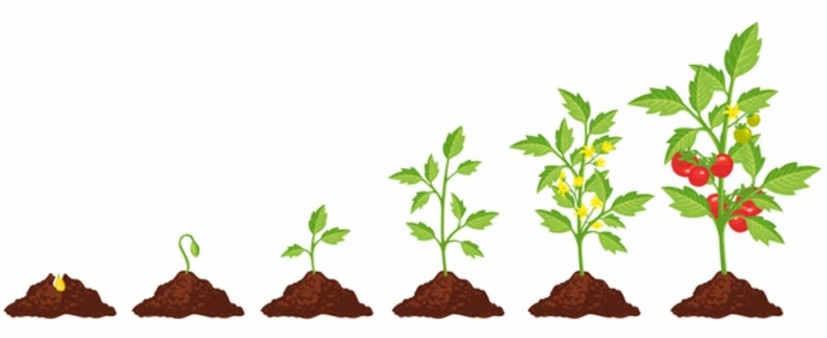Telomeres are basic structures of eukaryote genomes. They distinguish natural chromosome ends from double-stranded breaks in DNA and protect chromosome ends from degradation or end-to-end fusion with other chromosomes. In plants, telomeres are involved in various biological processes, including senescence, growth, and development. Understanding the functional aspects of plant telomeres is of great significance in agricultural research and crop improvement strategies.
At Lifeasible, a leading biotechnology company, we specialize in providing cutting-edge plant research solutions, including functional telomeres analysis. Through our advanced services, researchers can gain valuable insights into the functional aspects of plant telomeres and their implications in senescence, growth, and development.
 Fig. 1 Different stages of leaf senescence.
Fig. 1 Different stages of leaf senescence.
 Fig. 2 Processes of plant growth and development.
Fig. 2 Processes of plant growth and development.
At Lifeasible, we support advancements in plant research and provide exceptional services for comprehensive telomere analysis. Our help enables clients to confidently explore the complex world of plant telomeres and unlock their potential for agricultural advancements and crop improvement strategies. If you are interested in our services or have some questions, please feel free to contact us or make an online inquiry.
Lifeasible has established a one-stop service platform for plants. In addition to obtaining customized solutions for plant genetic engineering, customers can also conduct follow-up analysis and research on plants through our analysis platform. The analytical services we provide include but are not limited to the following:
Get Latest Lifeasible News and Updates Directly to Your Inbox
Adaptive Evolutionary Mechanism of Plants
February 28, 2025
Unraveling Cotton Development: Insights from Multi-Omics Studies
February 27, 2025